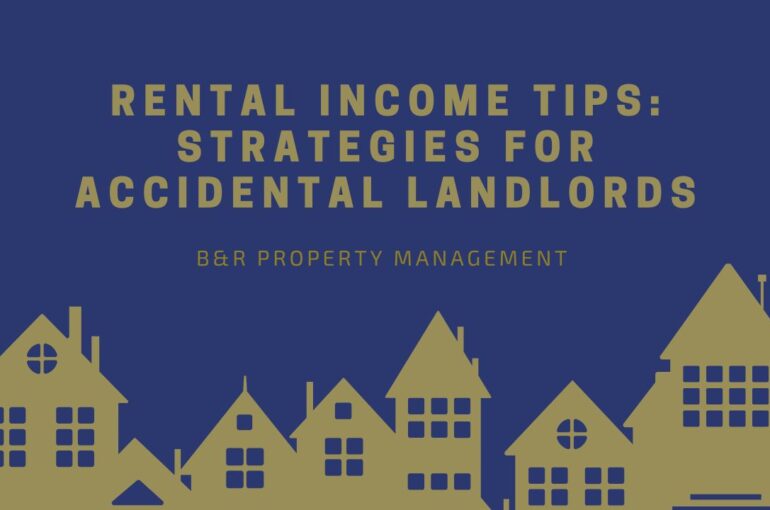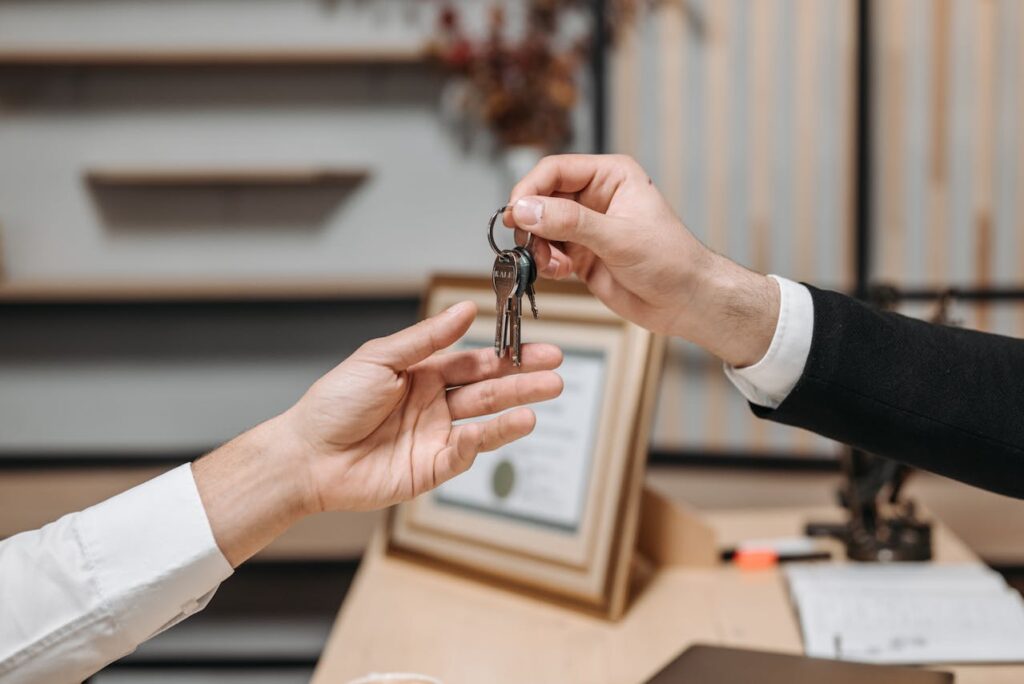Rental Income Tips: Strategies for Accidental Landlords
Rental Income Tips: Strategies for Accidental Landlords

Key Takeaways
- Keep thorough records, understand your legal responsibilities, and maintain the property to meet safety and habitability standards.
- Set rent based on market comparisons and property values, revisit pricing regularly.
- Build a reserve fund of at least three months’ rent to handle emergencies or vacancies. Staying informed about market trends and regulations can protect your investment and peace of mind.
So, you somehow ended up renting out an apartment you never meant to. Happens more often than people admit. Maybe you got a job in another city, or selling didn’t make sense. One day, you’re packing boxes. Next thing you know, you’re a landlord.
It can feel strange at first, handling rent, maintenance requests, reading lease laws. But here’s the thing: being an accidental landlord can become a smart move. You just need the right system in place. If it starts to feel like too much, our property management services at B & R property management can handle that load for you. We deal with tenants, repairs, and inspections so you don’t have to.
Know What You Are Signing Up For
When the lease is signed, you are in charge. Not only of gathering the rent, but of making the place safe and habitable. U.S. Department of Housing and Urban Development requires rental units to be safe, sanitary, and in good condition, additionally, all the requisite systems should be in place and working well.
Small things like broken smoke detectors or chipped stairs can cause problems later. A simple repair now is always cheaper than a legal issue later.

Setting Rent Without Guesswork
Pricing rent can be tricky. Too high and you wait months for a tenant. Too low and you lose money every month.
Start by checking what similar apartments in your area with the same size and condition are renting for. The National Association of Realtors notes that multifamily vacancy held nearly 8% while rent growth stayed modest, reflecting a balanced market where competitive pricing supports steady occupancy.
Renting should be approximately 1 percent of property value. Therefore, when your apartment is estimated to be approximately 300,000, you can start on a monthly basis of approximately 3,000. The issue of local demand, the surrounding facilities, and the season itself are also things to consider.
Revisit your rentals once or twice a year. If everything is full and you have a waiting list, you might be priced too low.
Think Like a Business Owner
Keep a record of everything. The Internal Revenue Service allows you to deduct repairs, insurance, and depreciation, but only if you have documentation. Every receipt, every invoice, and even mileage for property visits should be stored safely.
If you are not into spreadsheets, hire an accountant who understands rentals.
Choose Tenants With Care
A good tenant pays on time, respects the property, and communicates. Always check the credit, employment, and rental history of potential tenants to ensure a reliable tenant is chosen. Be careful to follow the Fair Housing Act. It is illegal to discriminate based on race, religion, disability, and several other factors. Keeping things fair protects you just as much as it protects the tenant.

If that process sounds uncomfortable, let someone else handle it. Property managers screen tenants daily, legally, consistently, and with solid systems in place.
Stay Ahead on Maintenance
Small issues can turn into big ones fast. Check the HVAC before winter, plumbing every few months, smoke detectors twice a year, and the rest of the apartment regularly. It shows tenants you care, and they will usually take better care of the place in return.
When tenants feel looked after, they stay longer. And long-term tenants mean steady income. If you hate dealing with repair calls, we can handle them for you. B & R Property Management works with trusted local vendors who fix things quickly and competently.
Have a Back-Up Fund
Things can go wrong, even when you do everything right. A water heater breaks, a tenant moves out early, it happens. You should set aside at least three months of rent as a cushion. That fund will save you when expenses pop up.
Think of it as your safety net, not an optional fund. It keeps your cash flow steady when life throws a curveball.
Keep Learning the Game
This business changes constantly. New rules, updated tax laws, shifting markets, and more. Landlords who stay informed make better decisions and earn higher returns.
That does not mean you need to become a legal expert overnight. Read local updates, talk with other landlords, or follow reliable blogs. Each bit of knowledge adds up.

Know When to Get Backup
Managing apartments is not impossible. But it requires time, patience, and energy. Sometimes you have to outsource work.
At B & R Property Management, you are the one who makes the big decisions but we do the legwork including marketing, rent collection, maintenance, and helping to support tenants.
If you are curious about what your apartment could really earn, reach out to us. We will give you a real breakdown of your property’s market value and earning potential.
Final Thoughts
Becoming an accidental landlord might feel overwhelming in the beginning, but it doesn’t have to stay that way. Once you get organized, plan for repairs, and price your rent smartly, it starts to feel manageable and rewarding.
At B & R Property Management, we help apartment owners make the most of their rentals. Our team handles the details so you can focus on financial stability and growth.



